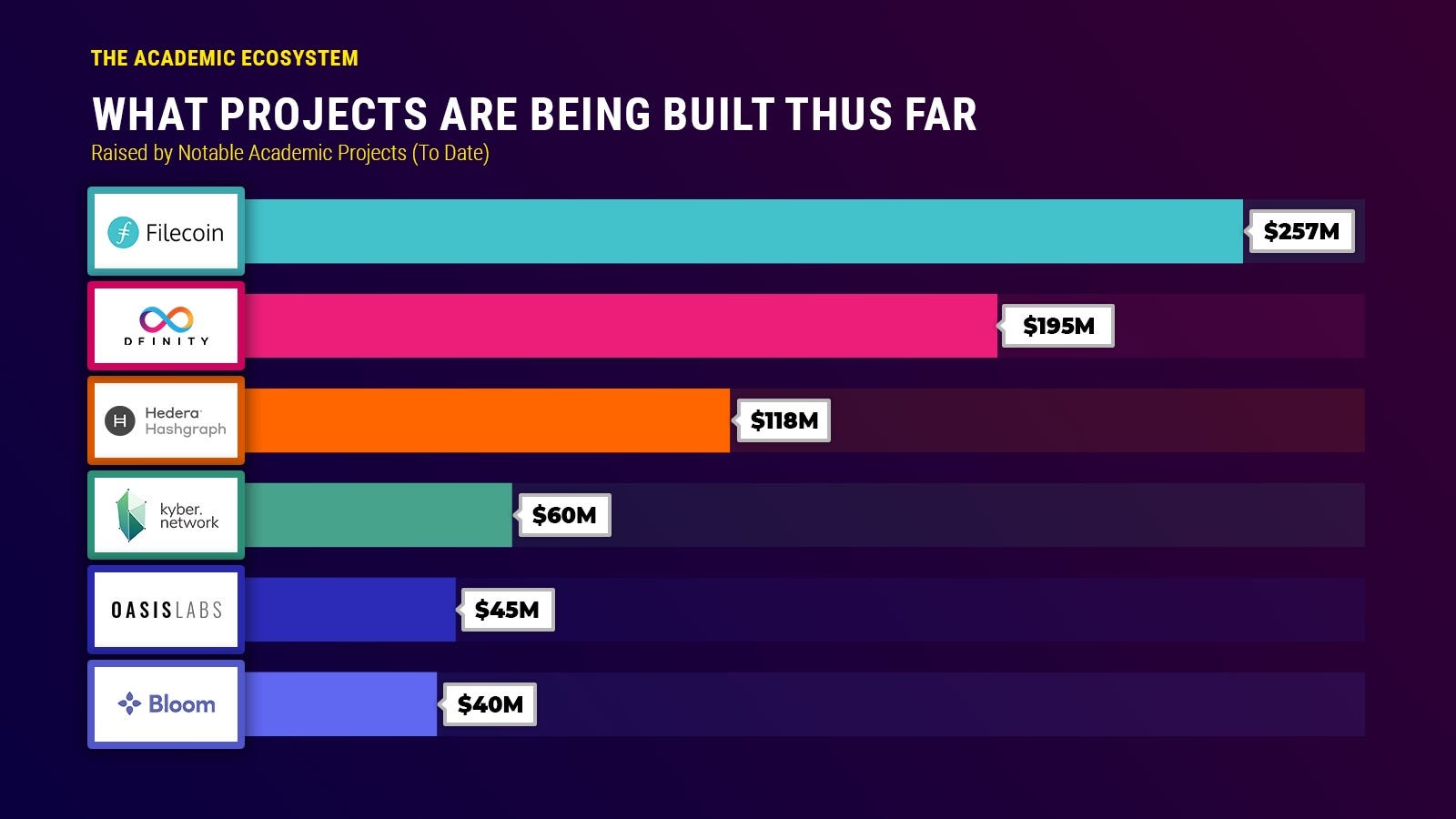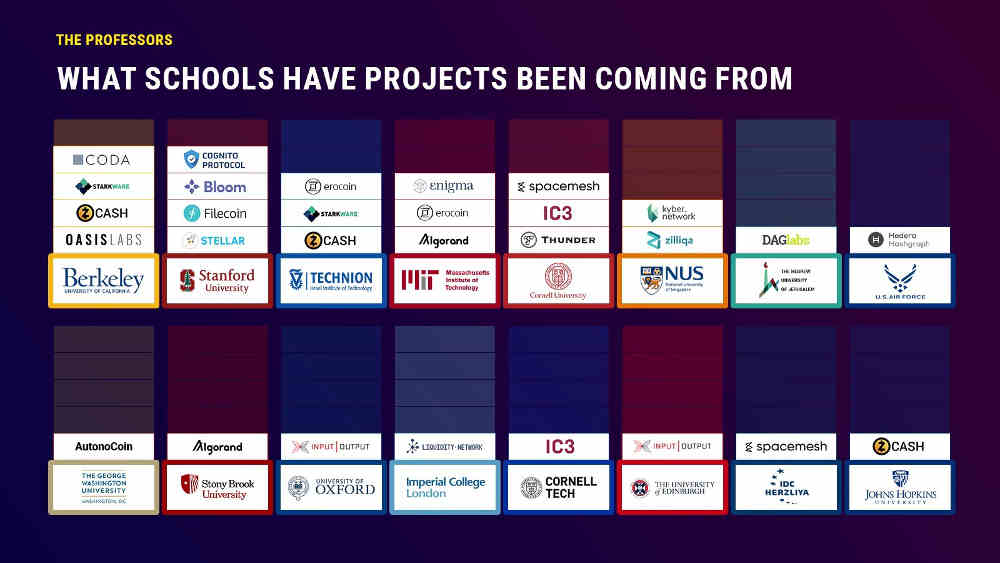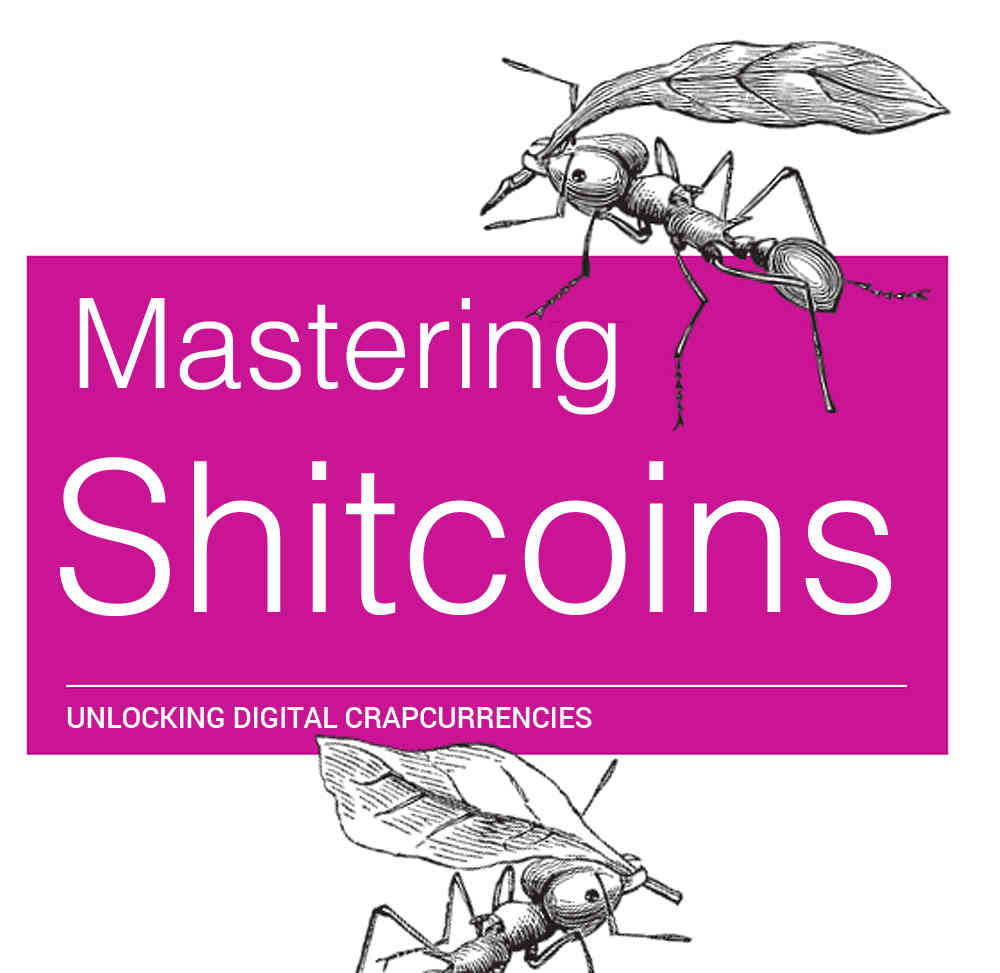Where is academia going, what schools are involved, and what is built already?
Major Discoveries
- Blockchain hubs are emerging in the Bay Area (UC Berkeley & Stanford) and Internationally (Israel & Singapore)
- Computing platforms have received major interest from professors and investors
- Privacy & Scalability remain as key concerns
The Importance of Academia
By: Wesley Graham and Ronen Kirsh
Technological limitations associated with scalability, privacy, and interoperability currently limit much of today’s most important blockchain infrastructure. Many investors believe that the solutions to these limitations will be sourced from the world of academia: home of cutting-edge discoveries and many leading cryptography and distributed systems experts.
As such, this article provides a glimpse into the progress being made by the world’s most talented blockchain researchers, academics, and thought leaders. We clarify what projects are being built, what schools are leading the charge, and where some of the next waves of contributions will be emerging.
What is an “Academic” Project?
We consider an academic blockchain project to be:
a) A qualitative contribution towards addressing one or more pain points currently present in the blockchain ecosystem
b) An effort led and guided by university graduate students and professors
c) A project that has successfully completed its initial round of funding
Academic projects traditionally encompass projects founded by professors and researchers, but can also include active PhD’s and others with high levels of domain expertise. Academic projects in the context of this article are additionally considered to be projects that funds or other investors can invest in, built using distributed ledger technology.
The Academic Ecosystem — What Projects are Being Built Thus Far?

Most of today’s influential academic-led projects fall under the realm of “payment infrastructure” (i.e — liquidity networks), “protocols” (i.e — privacy-preserving technologies), or “platforms” (i.e — digital currencies/smart contract solutions). The range of solutions primarily resides in the fields of scalability and privacy, with other notable projects addressing the problems of storage, security, and distributed consensus.
One of the more active areas of investment in today’s academic ecosystem is smart contract platforms. Projects like Dfinity ($61M), Zilliqa ($22M), and Spacemesh have garnered significant media attention alongside their success in raising capital.
Source/More: An Overview of Academia & Blockchain – Blockchain at Berkeley















